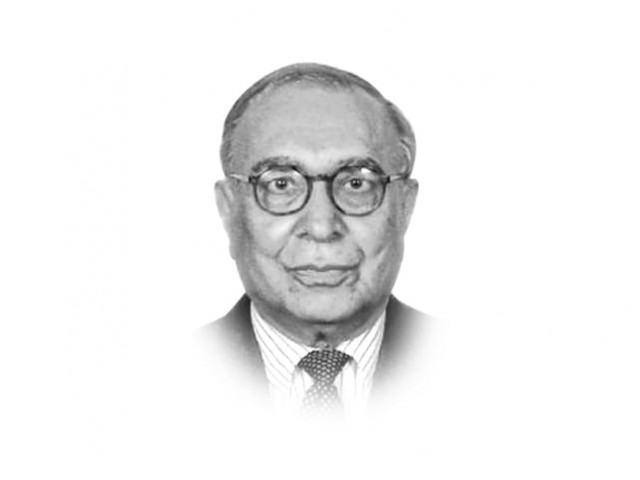A preview of the Chicago summit
Of Nato’s many concerns, three stand out: its future role and capabilities, Afghanistan, and relations with Russia.

A preview of the Chicago summit
Of Nato’s many concerns, three stand out at Chicago: its future role and capabilities, Afghanistan, and relations with Russia. America’s expectations were set out in a testimony to the House Committee on Foreign Affairs on April 24. The centrepiece will be the announcement of the next phase of transition in Afghanistan; second, how to ensure critical defence capability, greater burden-sharing and what Nato’s secretary General, Anders Fogh Rasmussen, calls “smart defence”; and third, develop Nato’s role as “a global hub for security partnerships”.
At Chicago, we may have the first glimpse into the thinking of France’s new socialist leader, Francois Hollande. The much-hyped military success in Libya that France and the UK led from the front and the US from behind took no less than seven months at the end of which Muammar Qaddafi was dead and gone but the country became more disjointed and unstable than ever before.
Chicago would endorse the Deterrence and Defence Posture Review with its “appropriate mix of conventional, and missile defence capabilities” in the midst of economic austerity in Europe. Incidentally, Greece, which has been one of the three states with the largest percentage of GDP committed to Nato, faces the worst economic crisis that may culminate in its departure from the Eurozone. On the eve of the Chicago summit, The Economist, a journal that would refuse to visualise a world without Nato, reached a conclusion much less optimistic than what the US hopes to achieve: a future of reduced means and more modest ambitions; it listed America’s “strategic pivot towards the Western Pacific” amongst the causes of European anxieties and feared that doing less may rapidly become a catastrophic “doing nothing”. The Chicago summit will be judged by how it mediated between the maximal American expectations and the constrained European capabilities, particularly as France once again comes into its own with a more realistic semantics of power.
On Afghanistan, Washington hopes for three ‘deliverables’: an agreement on an interim milestone in 2013, for the shift of combat to the Afghan National Security Forces (ANSF), sustaining the huge ANSF and a ‘roadmap for Nato’s post-2014 role’ in Afghanistan. Contrary to the pre-summit rhetoric, Afghanistan’s ground realities are worse than at the time of the Lisbon summit. France may stand firm on disengaging itself two years ahead of the Americans, increasing public pressure on other Nato governments to get out of Afghanistan. Washington’s chronic inability to actually readjust policy between the reigning military policy and a nascent diplomatic quest for an inclusive political settlement prolongs the conflict, raises the spectre of a post-2014 civil war, creates problems for an already insecure President Hamid Karzai and vitiates relations with Pakistan.
Pakistan’s best hope at Chicago is for conversations with Barack President Obama and President Karzai on the sidelines of the summit serving as a reality check that leads to the main warrior nations of Nato moderating their ‘endgame’ strategy and thus avoiding a conflict without end between a foreign-funded (at least for now) and Nato-driven Afghan army and assorted insurgents. Given the realities — economic stringency and renewed calls for social justice in the West, diffusion of power across the globe, Russia’s resolve to respond strongly to Nato’s provocations such as in Georgia and occasionally Ukraine, and Moscow’s pursuit of its own projects such as a ‘union’ of Belarus, Russia and Kazakhstan and the very limited success of military interventions in Iraq and Afghanistan, Nato may eventually embrace more realistic objectives and focus substantially on its own trans-Atlantic treaty area in the days to come.
Published in The Express Tribune, May 21st, 2012.















COMMENTS
Comments are moderated and generally will be posted if they are on-topic and not abusive.
For more information, please see our Comments FAQ